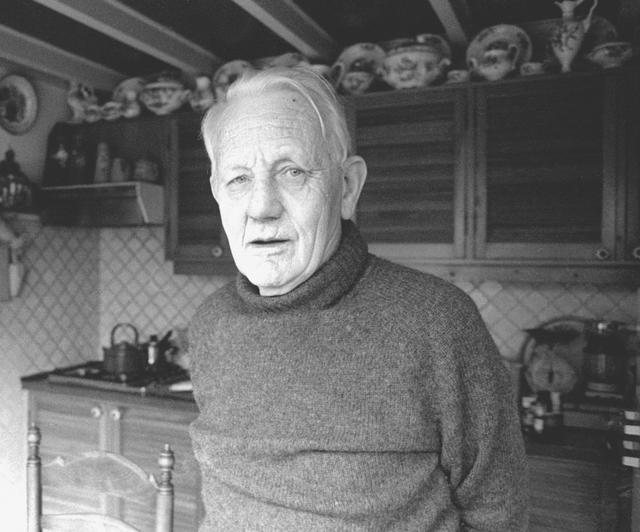The Islands
Albert Alberts was over forty when his stories, later collected as 'The Islands', were first published. His debut was extraordinary in that it held back none of its promise. It was perfect, composed in just the right tone and in the ideal form.

Alberts, born in the Dutch East Indies, writes in fiercely restrained, short sentences, which create an extraordinary effect, a kind of transformed reality, as if in a vivid daydream. Alienation, indirectness and courtesy taken to extremes mark the relationships between his characters.
Contact with things, with animals and landscapes is more profound than contact between people, which is a tricky business in almost all of these magisterial stories. Failure of communication may bring catastrophe. It certainly produces an atmosphere that is stark yet sultry.
Alberts’ work is highly concentrated, and he demands concentration of his readers. Every word has a function, and some of the stories have an obsessive quality as a result. The relationship of the colonial figure with the islands and the native inhabitants is central. The scenery is tropical, a shimmering background to stories that are written coolly, ironically, sparingly – a striking contrast that creates a unique tension. This is masterful writing from start to finish.
“Alberts must have been more aware than anyone of the unknowability of people and the fundamental mysteriousness of their lives.”
